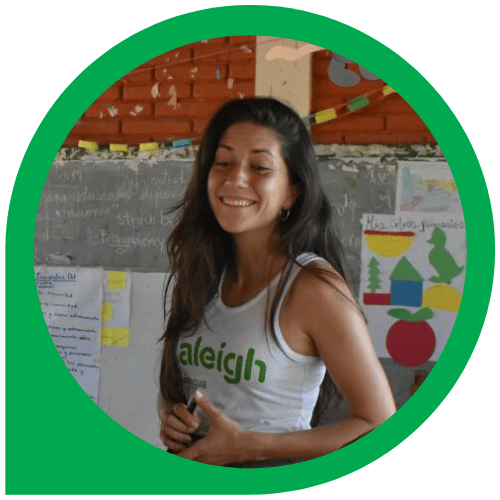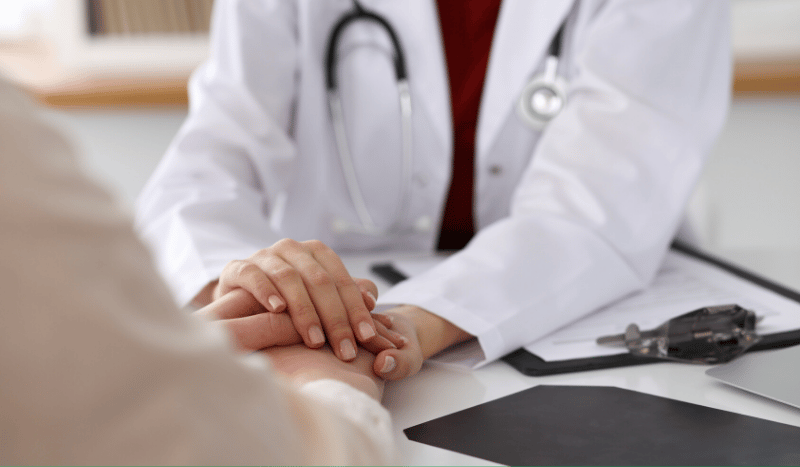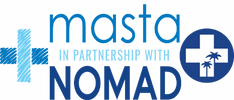Standing up for the rights of asylum seekers and refugees

As part of a programme financed by the Ministry of Inclusion, Social Security and Migration, the aim of my work is to support asylum seekers during their social inclusion process until they receive an administrative resolution.
To be a global active citizen is essential to creating a lasting change in our communities. So in June 2019, with the Spanish Commission for Refugees (CEAR), and funding from the Andalusian Government, I started the ‘Persona and Patient’ Project. The aim of the project is to tackle the social stigma affecting asylum seekers which impacts their access to the health system in the south of Spain. We do this by providing training to professionals in the health sector about human rights and international protection, while also raising awareness through the media.
A key area of our work is ensuring that asylum seekers and refugees get are able to fully exercise their right to information on the health services and benefits they can access, even if this means having a translator. Currently translation services do not work effectively and there is an underuse of this resource.

Obstacles in accessing health information can be fatal for individuals. Imagine how hard it must be to overcome the challenges of migrating for political, religion or sexual orientation reasons while feeling the impact of not having clear information about your health. There are many experiences and examples I could mention, such as the case of a women with breast cancer that struggles to find out about the resources she has access to, or a man with a stomach bacteria who does not have enough information about what the bacteria is about; there is the man who has to sign a document for surgical intervention not understanding it, and the female victim of gender violence that does not have access to a female gynaecologist.
The COVID-19 pandemic has made this issue even more pressing and emphasised the need to stand up for human rights. One case of a Bengalí man who died from Coronavirus because he could not explain himself and the symptoms he was feeling due to the lack of translator is all too tragic in how preventable it was.
Through the ‘Persona and Patient’ project we are contributing to the Sustainable Development Goals in creating strong partnerships, improving health and wellbeing and reducing inequality.
But we all need to take action if we want to improve human rights everywhere. We all have the responsibility to use our positions – in whatever area we are in – to create an intercultural society based on dignity and peace. Because before being a patient, you are PERSONA.
Marian is an active citizen making a real difference. Are you also working on a project that is changing people’s lives? Tell us about it at stories@raleighinternational.org
Interested in doing an Expedition yourself?
Explore our Expedition resources
Hear directly from Raleigh alumni and get your questions answered.
You’ll find everything in one place about our Expeditions.
Send us an enquiry with what you’d like to know more about.



